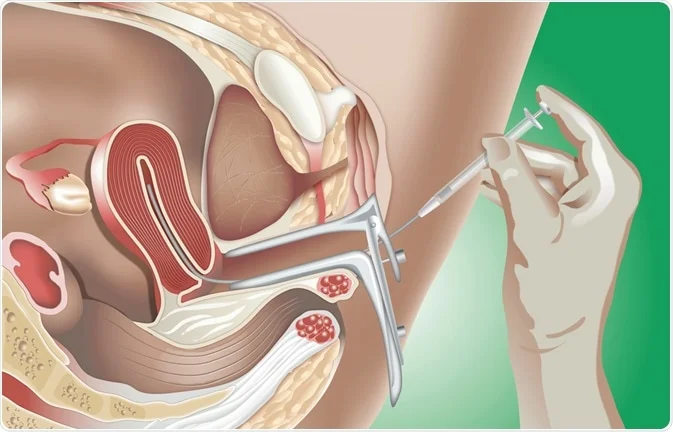When it comes to infertility, many people tend to think it’s a woman’s issue, but did you know that male factors contribute to about half of all infertility cases? If a semen analysis suggests potential male fertility issues, it might be a good idea to consult with a specialist who focuses on male reproductive health. Just like how gynecologists specialize in female fertility, urologists trained in andrology tackle male infertility concerns.
At our center, we collaborate closely with various male fertility experts in the region, such as Dr. Alex Thompson and Dr. Jamie Lee. They help ensure that you receive top-notch care tailored to your specific needs.
Understanding Male Fertility Evaluations
To effectively address male infertility, a thorough evaluation is essential. This typically involves a sperm count test, hormone blood tests, a physical examination, and sometimes genetic testing. The treatment recommended will depend on three key factors: the identified cause of infertility, the severity of any sperm abnormalities, and your partner’s age. It’s important to consider that male fertility treatments may take some time, so your partner’s age can play a significant role in your overall success.
Exploring Treatment Options
For unexplained low sperm counts or motility issues, a common approach is Clomid therapy. Although primarily prescribed for women, Clomid can also boost hormone levels in men to enhance sperm production. After starting treatment, sperm counts are usually reassessed in three to six months to check for improvement.
In cases where we can’t determine the cause of male infertility, lifestyle factors might be at play. It could be environmental toxins or even habits like hot baths. If any contributing factors are identified, our specialists provide actionable advice on how to tackle them. Additionally, supplements like L-carnitine and zinc may be recommended to improve sperm health.
If the situation calls for a more direct approach, intrauterine insemination (IUI) can be a great option for mild cases. This procedure involves preparing sperm and placing it directly into the uterus around the time of ovulation, giving the sperm a better chance to reach the egg.
The IUI Process
During the IUI procedure, the male partner will need to provide a sperm sample, which can be done at home or in the clinic. The lab processes the sample, extracting the healthiest sperm for insertion into the uterus via a catheter. It’s crucial for the male partner to abstain from ejaculation for two to five days before the procedure to maximize sperm quality.
For moderate to severe male factor infertility, in vitro fertilization (IVF) with intracytoplasmic sperm injection (ICSI) might be recommended. This method involves injecting the healthiest sperm directly into an egg, which can be a game-changer for many couples trying to conceive.
In cases where sperm cannot travel effectively, procedures like MESA (microsurgical epididymal sperm aspiration) and TESE (testicular sperm extraction) can be used to retrieve sperm directly from the male reproductive tract. These techniques are especially useful for men who have undergone vasectomies or have certain types of azoospermia.
Conclusion
Navigating male infertility can be challenging, but there are numerous treatment options available. Whether exploring lifestyle changes, medication, or assisted reproductive technologies, the goal is to find the best path forward. For parents looking for more information on autism, you can check out this essential guide for parents. And if you’re considering home insemination, visit this trusted source for an artificial insemination kit. Understanding the IVF process is also crucial; this article offers valuable insights into what to expect.

